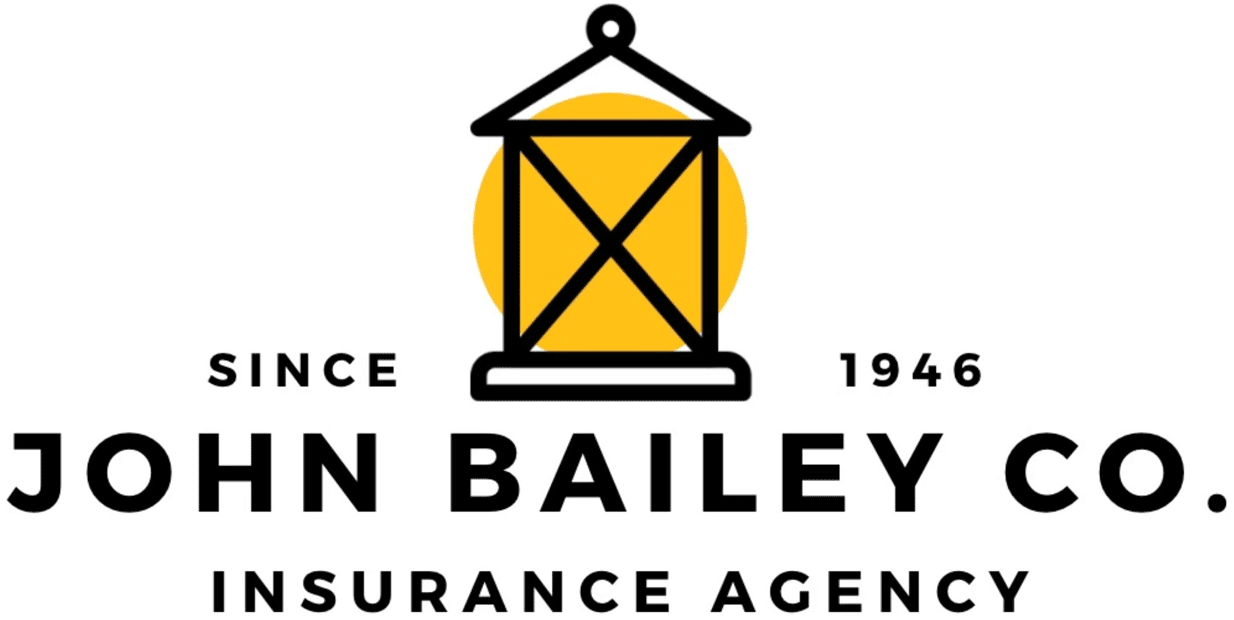Owning and operating your own business is the definition of the American Dream for many. The perks? You control your schedule, define your roles and responsibilities and the sky is the limit in terms of the trajectory of your success. Along with the up-side of being an entrepreneur, there are considerable financial risks.
Though, there are proven strategies you can implement to protect yourself (and your bottom line).
Whether you’re running a small start-up looking for VC backing or managing an established business, consider adopting some of these ideas to weather any economic storm and protect your revenue stream.
(1) Maintain a good balance of liquidity.
It may seem tempting to reinvest every bit of your earnings back into the company in an effort to boost growth. But, this can actually put your business at risk. In many instances, businesses aren’t profitable for the first few years and even established companies experience temporary down-turns. If you are funding 100% of your operations with loans, you run the risk of your creditor calling in the loan. By keeping a portion of your assets liquid, you can use that reserve when needed.
(2) Create your own informal advisory committee.
You can immerse yourself in trade publications and the like, but you can’t put a price on the advice you get from your peers. Invite other business owners in your community to get together periodically and share what they have learned so you can learn from their successes (and their mistakes.) Also, you might consider pulling together people from non-competing industries to facilitate a more open and honest dialogue.
(3) Use credit wisely.
Even if you’re flooded by offers from credit card companies and your bank, think before you accept that cash. Credit itself isn’t a bad thing, but it should be reserved for capital investments – things that can help you grow your business for the long-term. (E.g. New equipment and funds to expand your offices.) If you’re using credit to fund operations or meet payroll, you’re putting yourself at risk of getting into a pile of debt that you can’t repay.
(4) Get the right coverage to protect your investment.
If you own a restaurant or hotel, you know to protect your brick-and-mortar assets with commercial insurance to protect you from damages resulting from a fire or flood. But, it’s important to talk to your insurance consultant about other types of coverage you should consider. Things like business income coverage, general liability coverage, equipment breakdown insurance and business owner policies.
(5) Don’t leverage personal assets.
This is probably one of the most common mistakes that small business owners make. Putting themselves, and their families, at risk financially. Don’t fall into the trap of pulling cash out of your home (via a home equity line of credit) to fund your commercial ventures.
Commercial Insurance Protection
At John Bailey Company, we know that commercial insurance is one of the most important investments you can make as a Knoxville business owner. In fact, it may even mean the difference between sinking and staying afloat should damages or a lawsuit occur. Let our expert staff educate you on the different types of commercial insurance and help customize a policy to meet your budget and protect your thriving business. Call 865.524.0785 or email brandon@johnbaileyco.com.

